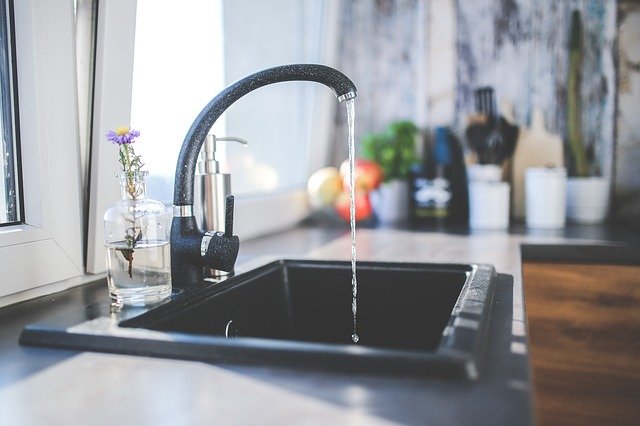
Whether you are making renovations to a new property or you are new to the prospect of dabbling in DIY, there can be a lot of gaps in most people’s knowledge. It seems that most of us didn’t learn those practicalities in school or when they were problems in our first property, our parents knew exactly what to do to make it all better! But there could be a time when we are completely in the dark and something so common occurs that we don’t know what to do with it. A water leak is a fantastic example. It can be catastrophic and can cause a lot of damage to your home. So let’s show you what to do if you suspect a water leak.
Firstly, Find the Stop Tap or Stopcock
While your first priority should be to find plumbers to fix the issue, you’ve got to turn off the water supply. Locating the stopcock and turning it clockwise will stop any water from running. Therefore, if you can’t see any signs of water, you are stopping the problem in its tracks for the moment.
It’s important to know where the stopcock is in an emergency because every second will count when there’s a major leak. Most internal stopcocks are found under the kitchen sink, but there may be individual stopcocks for different parts of the home. Once you’ve turned the stopcock off, drain the pipes by turning on the cold water tap until all the water has gone.
Finding the Clues
There are a number of signs that your home has a leak, such as wet spots, the sound of running water, reduced water pressure, rusty pipes, and higher-than-normal water bills. The last one is typically the reason people start to suspect there is a water leak. You might also hear a dripping sound that is more noticeable when it rains or somebody takes a shower, as well as the smell of damp.
Turn Off Your Heating and Electricity
If you don’t know where the leak is coming from, it is important to turn everything off in the house. You will need to turn off the water supply to the heating system, which you can do by finding the shutoff valve next to the boiler. At this point, you should also turn the boiler off at the mains and turn the hot water tap on so you can drain the system.
If there’s a leak near any appliances, you’ve got to switch off the electricity with the right circuit breakers. This will ensure that you are keeping safe while waiting for a professional to turn up. When appliances are wet, you should avoid using them, but there is also a general rule of thumb advised by insurance companies that it can take 24 hours to dry out, but this will depend on the weather.
Contact Your Insurance Company
Finally, after getting the plumber in so they can assess the damage and the root cause, contacting your insurance company to make a claim for an “escape of water” is the last thing. Ensuring you have your insurance details to hand will make for an easier process.
